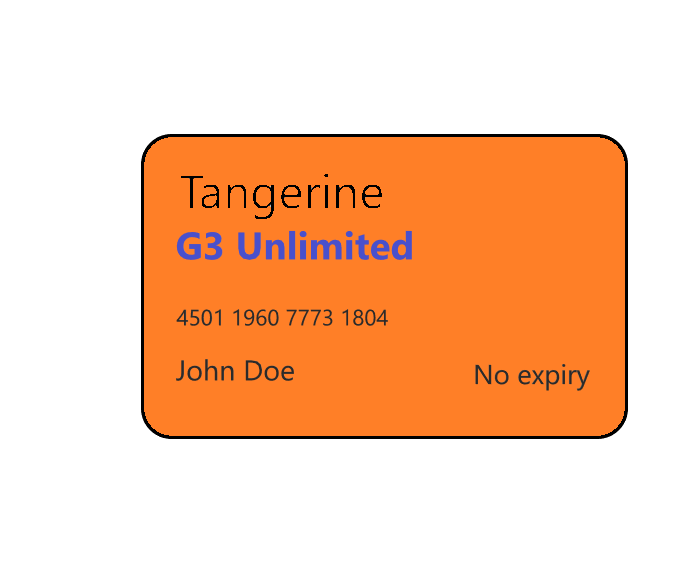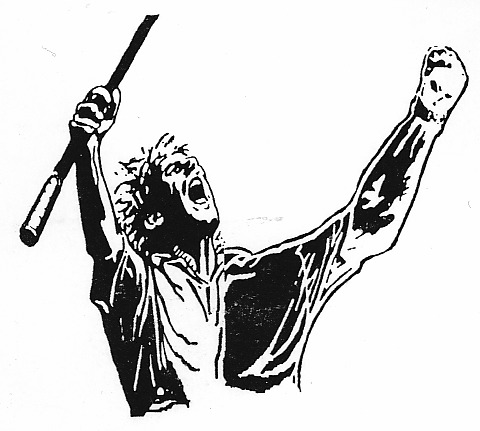
The MoneyLess Economy (MLE), as developed by Dr. Subhendu Das, presents a visionary model for transforming the global economic landscape by eliminating the traditional concept of money. Instead of relying on conventional currencies and monetary transactions, MLE focuses on creating an economic system where goods and services are exchanged based on mutual trust, resource sharing, and community well-being. Dr. Das's approach challenges the prevailing capitalist and profit-driven systems, proposing a shift to a sustainable and inclusive economy that emphasizes collaboration and the equitable distribution of resources.
At the core of MLE is the belief that money, as a medium of exchange, often perpetuates inequality and limits access to essential resources for many. By removing money from the equation, MLE envisions a world where all individuals, regardless of their socio-economic background, can access the resources they need to thrive. In this model, individuals contribute to society based on their skills and capacities, with the value of their work being recognized through a system that is not dependent on financial compensation. Instead, the focus is on providing for the collective good and ensuring that everyone's basic needs are met without the pressure of earning or accumulating money.
A key aspect of implementing MLE globally is the use of innovative technologies to facilitate the distribution of goods and services. One such initiative is the NDG Project, which aims to bring together individuals from around the world to participate in this transformative economic model. Central to the NDG Project is the distribution of Tangerine G3 Unlimited Debit Cards, which serve as a tool to help individuals access essential resources without the need for traditional currency. These cards are designed to be used globally, allowing individuals to access goods and services in a way that aligns with the values of MLE, where the exchange is based on resource sharing rather than financial transactions.
The Tangerine G3 Unlimited Debit Cards represent a practical solution to some of the challenges faced by people living in poverty or under financial constraints. By providing access to resources on a global scale, these cards ensure that individuals have the means to meet their basic needs—such as food, shelter, and healthcare—without the need for money. The cards can be used in a variety of contexts, from local markets to global supply chains, enabling participants in the MoneyLess Economy to engage in a seamless, equitable exchange of goods and services that transcends traditional economic barriers.
As more and more people around the world come on board with the NDG Project and adopt the principles of the MoneyLess Economy, the global economic structure begins to shift. The use of Tangerine G3 Unlimited Debit Cards allows participants to operate within a system that prioritizes access, collaboration, and sustainability over profit. This creates a ripple effect, inspiring communities and nations to reconsider their reliance on money and explore alternative models for resource distribution. The growing adoption of this system has the potential to spark a global movement towards a more just and inclusive economy.
Ultimately, Dr. Subhendu Das’s MoneyLess Economy offers a hopeful alternative to the current financial system, one that empowers individuals and communities to build a more equitable world. By distributing Tangerine G3 Unlimited Debit Cards through the NDG Project, the initiative is helping to lay the groundwork for a future where the focus is on collective well-being rather than individual wealth accumulation. Through these efforts, the MLE seeks to transform not only economic systems but also the way people perceive value, work, and the role of money in their lives. For further information please visit IMAGINE! Global Communities.
Noel - The Andy Coolman Heaven on Earth Band.mp3
